Formation Group Series: Chapter 3
It’s in the compassionate confrontation of our wounds and trauma that we stumble towards wholeness, which, in turn allows us to become agents of healing. (pg. 52)
Pastor Rich tells us that we need to cut the world in two to look beneath the surface. But opening up the can of worms that is our pain and trauma? Most of us have worked hard to forget about them; to burry them. But if we desire to be whole, we have to be willing to make the journey into the pain in order for Christ to heal us.
Yet what lies beyond our own healing (I love this part) is the reality of being made into agents of healing for others. This two-fold, community establishing truth, highlights one aspect of the reason you are gathered into formation groups. So that you might “bear one another’s burdens and so fulfill the law of Christ!”
The more we know about another’s story, the harder it is to hate or harm that person. (pg. 52)
What this really points out is the tendency for us wounded humans to keep others at arms length, never really letting others know us or ourselves to know others, because then we would have to work harder to justify our irritations and ill-will. To know and be known is the essence of vulnerability, and to be vulnerable is to be left open to judgement. Will I be loved if they know my trauma? is the question we all ask and is perhaps the reason why we never bother opening ourselves up to the possibility of healing.
Yet, in all of this, God was at work. (pg. 66)
Okay, so we all recognize that we have been wounded and have experienced trauma. Whether it be through those things that have happened to us, or through those things that have ought to have happened to us and didn’t. Either way, those experiences of pain and trauma have worked on us; have made us who we are today. But the amazing thing about it all, is that God was at work. The wounds that evil meant for bad, God works for good, if we would only let him.
We hold onto the good news that although our wounds remain, they can still be part of God’s redemptive purposes.
Reflection Questions
To what degree has the idea of trauma played a role in the way you understand yourself?
Do you feel there is a trauma in your past that you have adequately put before God to heal that you are willing to share in this group?
How could understanding the “stories beneath” us (particularly our woundedness) create stronger bonds between you and others?
In what sense to you see your wounds helping you be an agent of healing for others?
How does Jesus carrying his past wounds in his body make you feel?
Passage for Meditation
John 20
24 Now Thomas (also known as Didymus), one of the Twelve, was not with the disciples when Jesus came. 25 So the other disciples told him, “We have seen the Lord!”
But he said to them, “Unless I see the nail marks in his hands and put my finger where the nails were, and put my hand into his side, I will not believe.”
26 A week later his disciples were in the house again, and Thomas was with them. Though the doors were locked, Jesus came and stood among them and said, “Peace be with you!” 27 Then he said to Thomas, “Put your finger here; see my hands. Reach out your hand and put it into my side. Stop doubting and believe.”
28 Thomas said to him, “My Lord and my God!”
29 Then Jesus told him, “Because you have seen me, you have believed; blessed are those who have not seen and yet have believed.”
